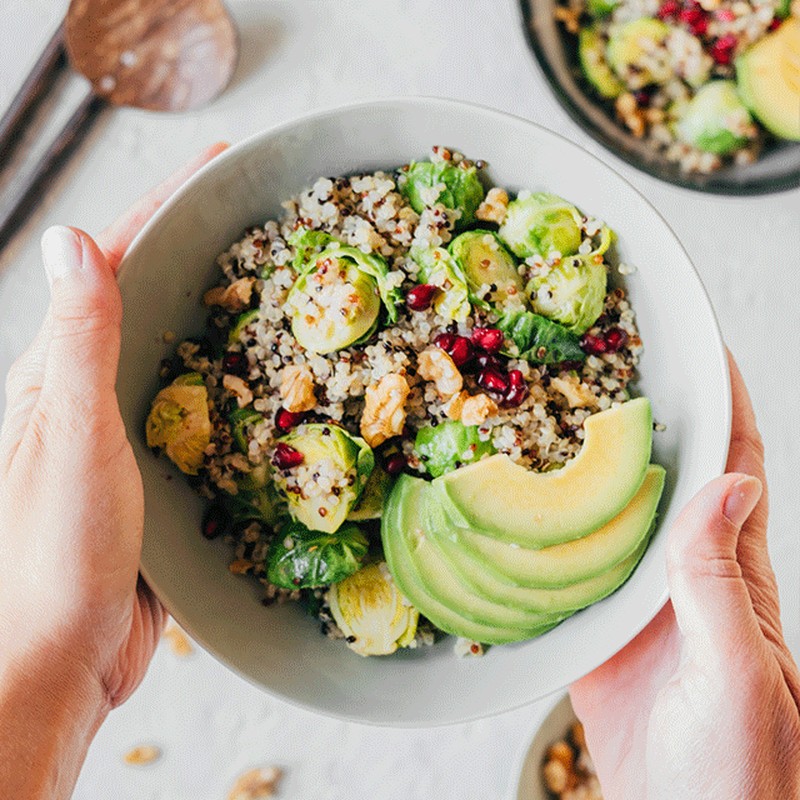How To Eat Your Way To Glowing Skin
Swap White Carbs For Brown
“Most carbs have a high glycaemic load, which means they can cause a significant blood sugar spike when eaten. When our blood sugar rises, our pancreas secretes a hormone called insulin, which tells our cells to uptake glucose in the blood and carry it into our cells to be converted into energy. This is a very important process, but if insulin is constantly elevated, inflammation, testosterone production and weight gain may increase, whilst suppressing the immune system, all of which can affect the health of your skin. On the other hand, wholegrain carbs have a lower glycaemic index and are a better option for glowing skin. Keep carbs to a quarter of your plate and always pair them with vegetables, healthy fats and protein to reduce the impact on blood sugar.” – Natasha Evans, registered nutritionist
Be Careful With Gluten
“Avoiding gluten makes sense for someone with coeliac disease or a wheat allergy, but a diet rich in simple sugars – commonly found in processed forms of gluten – can contribute to abnormal sugar levels, spike insulin levels and lead to inflammation. Excess sugar in the diet may aggravate skin conditions such as acne and dermatitis. Limit refined sources of sugar, such as sodas, sweets, refined chocolate, packaged foods, plus white breads and pastas. If you are experiencing breakouts, consider cutting out gluten (or dairy) for four weeks, then slowly reintroduce it. Remember that good sources of gluten and dairy are nutritious and good for the body.” - Jessica Sepel, nutritionist & founder of JS Health
Pair Fruit With Protein
“Real whole foods will provide optimal levels of essential skin-feeding nutrients for glowing skin. Fruit and vegetables – especially organic and seasonal varieties – are brimming with powerful antioxidants that help protect skin from the cellular damage caused by free radicals. To enhance the benefits of a piece of fruit, eat it with a source of protein such as nut butter, yoghurt or nuts to slow the release of the fruit’s sugar into the bloodstream. This is essential to support hormone balance and, therefore, healthy skin.” – Jess Shand, naturopathic nutrition specialist
Aim For Diversity
“Plant diversity is key for great skin. Research shows the more plant variety you have in your diet, the healthier your gut microbiome. The skin is a window to the gut, and actually has its own microbiome that communicates with the gut microbiome, emphasising the need to look after your gut bugs. Fruit and vegetables that are rich in carotenoids get a special shout out – anything red or orange such as carrots, pumpkin and red peppers are fantastic for the skin.” – Natasha
Eat Fish Three Times A Week
“Omega-3 fats are crucial to skin barrier function and appearance. They help maintain balance in the skin, reduce inflammation and promote skin healing. Studies show they can also reduce skin ageing. However, they are essential fatty acids, which means the body can’t manufacture them, so we need to get them from our food. The best source is oily fish – think salmon, mackerel, anchovies, sardines and herring. Aim to eat these three times a week. If you are vegan or vegetarian, a high-quality algae oil supplement is great. As a potent anti-inflammatory, it’s also worth upping your omega intake if you struggle with acne and breakouts.” – Natasha
Think Colourful
“It’s not hard to increase the number of vitamins, minerals and other nutrients in your diet. Smoothies are a great way to pack them in – my go-to breakfast smoothie includes kale, avocado, almond butter, unsweetened almond milk, ground cinnamon, chia seeds, ground flax and Form Nutrition unflavoured protein powder. Traybakes of roasted vegetables are also simple to make and versatile – you can portion it up into containers to take into work, drizzled with extra virgin olive oil and topped with fresh parsley and mixed seeds.” – Jess
Eat Darker Fruit & Veg
“The darker the colour, the more antioxidants. In fact, dark green vegetables contain the highest level of antioxidants compared to other vegetables, and berries contain the highest number of antioxidants of any fruit. Dark green vegetables – broccoli, spinach and kale – are essential for skin hydration, elasticity, repair and rejuvenation. They are also worth topping up if you struggle with skin redness.” – Jessica
Top Up With Zinc
“Immune booster, energiser, mood elevator, you name it – zinc is involved with anything important in the body, and the skin is no exception. It works to discourage spots from forming, can help balance hormones and normalises testosterone levels. It’s also essential for collagen production, which is what helps heal the skin after a breakout. If you have white spots on your nails, this is a sign your levels are low, but even if you don’t, it may be worth topping up. Salmon, poultry and sunflower and pumpkin seeds are rich sources. You can also try taking 25mg of zinc picolinate daily for two months – even better if you can get your levels tested first.” – Alice Mackintosh, registered nutritional therapist & co-founder of Equi
Be Careful With Alcohol
“Alcohol is hugely dehydrating and can cause premature ageing, leading to fine lines, and is counterproductive if you suffer with inflammatory skin conditions such as acne. Even after one night of drinking, skin can appear lacklustre, and you may even notice some breakouts appearing. If you do drink, opt for clear spirits and organic wine, and drink lots of water to help your body break down the alcohol more quickly. If you are eating a nutrient-dense whole food diet, the occasional gin and tonic won’t drastically impact your skin.” – Jess
Look After Your Liver
“The liver is responsible for removing harmful compounds from the body (pollution, plastic residues, alcohol, cigarette smoke) as well as our hormones (such as oestrogen and stress hormones). The skin is the one of the largest routes of elimination of toxins from the body; if liver function is sluggish or if there is a build-up of harmful detoxification by-products, this can affect skin health. Some of the best liver-supporting foods include vegetables like broccoli, cauliflower, leeks, fennel, onions, garlic and beetroot, as well as quinoa, tahini, fresh turmeric, sweet potato and avocado.” – Alice
Don’t Worry About Coffee
“Coffee gets a bad rap as being bad for the skin, but it’s a rich source of antioxidants that can help support a healthy microbiome. The problem with coffee is it contains high amounts of caffeine, which can heighten feelings of anxiety and stress, which can then affect the skin. If you can tolerate coffee, one or two cups a day is fine. Exhale does great antioxidant-rich, toxin-free coffee – one cup of its coffee contains the same levels of antioxidants as 12 punnets of blueberries or 55 oranges.” – Natasha
Have A Savoury Breakfast
“Research shows what you eat for breakfast influences your blood sugar responses for the rest of the day, so it’s the most important meal to get right when it comes to hormone (and thus skin) balance. Eggs however you like them is a great option – pair with sauerkraut, avocado and some vegetables. For lunch, try a wild salmon fillet with a colourful salad, drizzled with extra virgin olive oil and apple cider vinegar. For dinner, I love a chicken noodle soup, made using bone broth for a dose of skin-healthy nutrients like collagen. When it comes to snacks, swap sugary snacks for ones containing healthy fats and proteins. Frozen berries with coconut yoghurt and mixed nuts are a good combination.” – Natasha
Try A Supplement
“Food should always come first and there’s no silver bullet when it comes to supplements. Optimising your diet and lifestyle should come first, but supplements that can help include omega-3s, a probiotic, zinc, vitamin C and vitamin D. Hair, skin and nail gummies are increasingly popular, but beware that most are very poor quality. The exception to the rule is Manifesto – in fact, it’s the skin supplement I recommend to clients. It has some incredible ingredients and is very low in sugar.” – Natasha
For more, visit NENutrition.com, EatNourishAndGlow.com, EquiLondon.com & UK.JSHealthVitamins.com
Shop The Expert Approved Products...
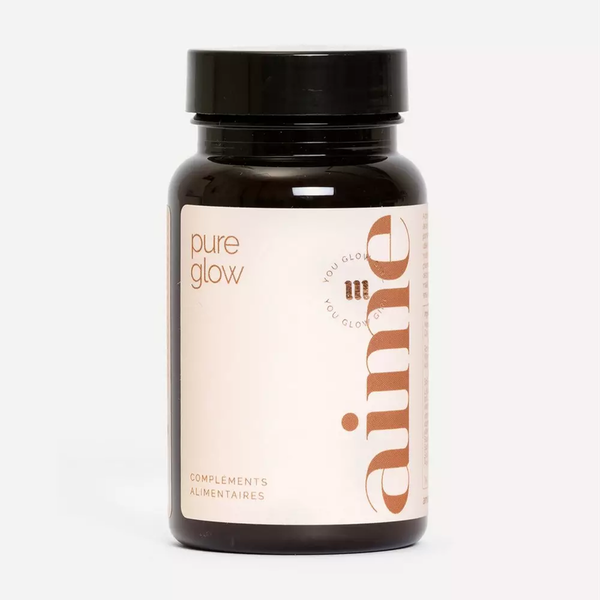
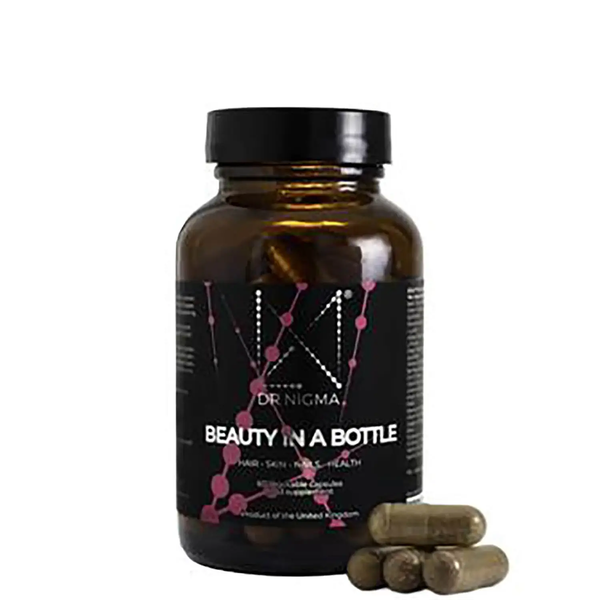
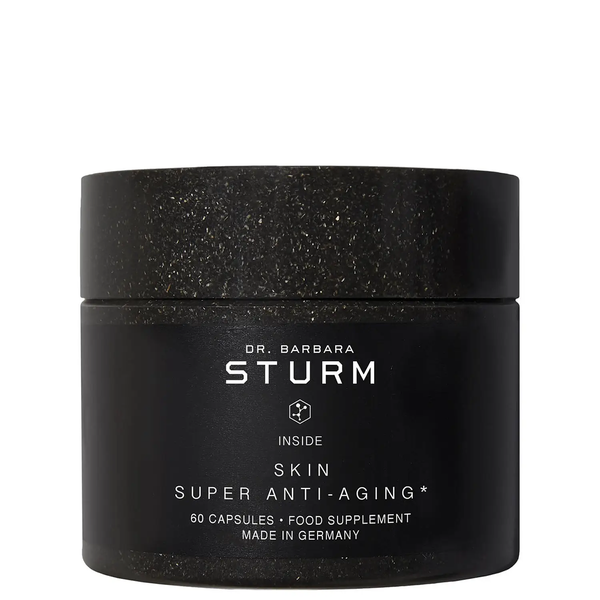
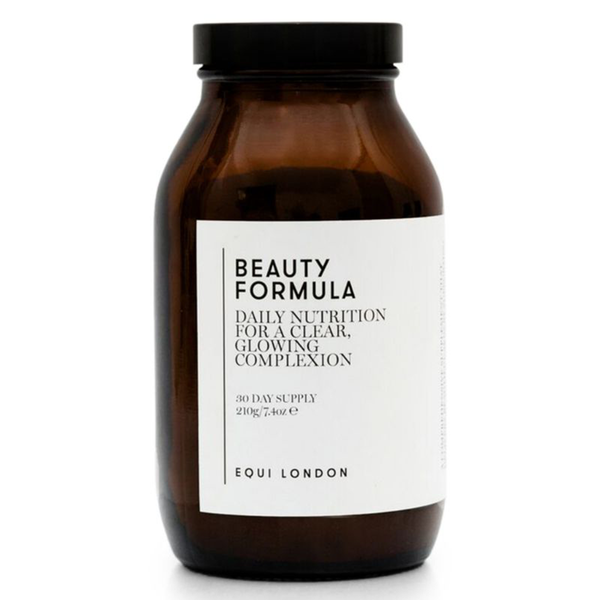
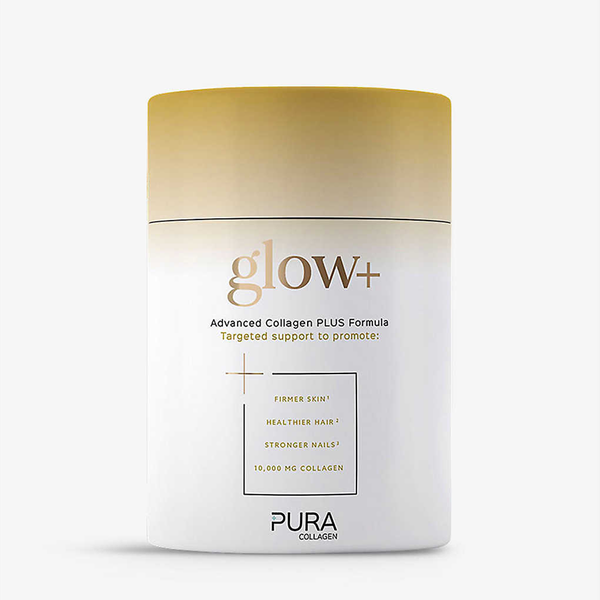
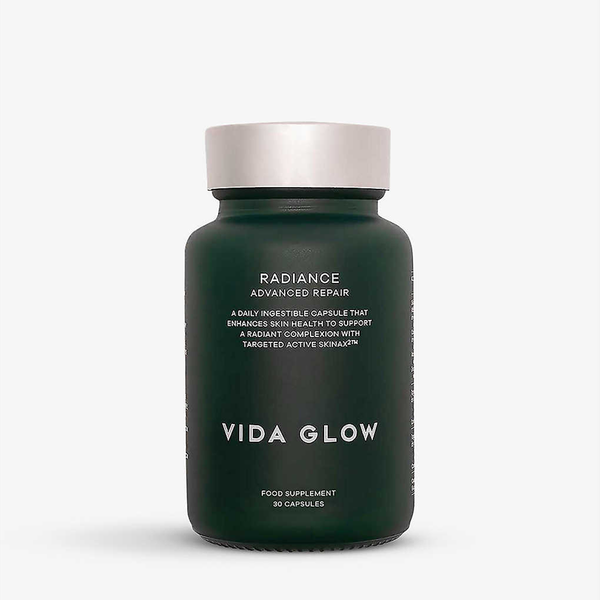
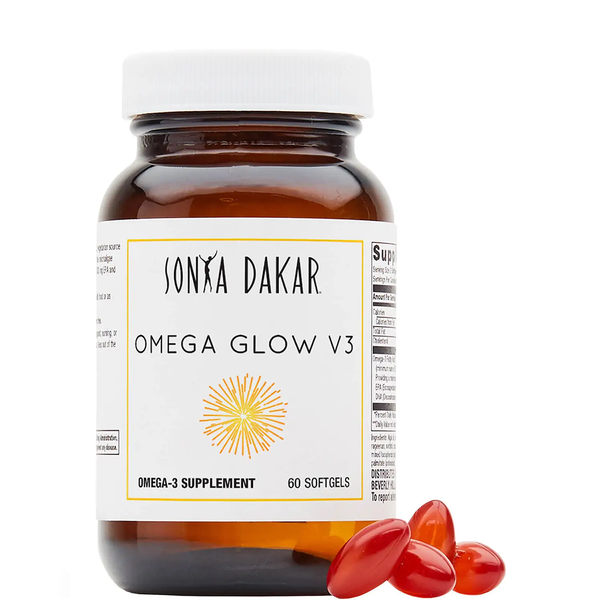
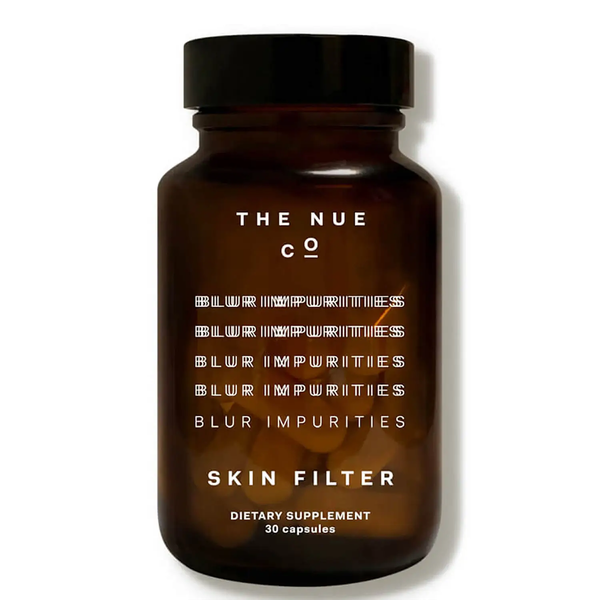
DISCLAIMER: Features published by SheerLuxe are not intended to treat, diagnose, cure or prevent any disease. Always seek the advice of your GP or another qualified healthcare provider for any questions you have regarding a medical condition, and before undertaking any diet, exercise or other health-related programme.
DISCLAIMER: We endeavour to always credit the correct original source of every image we use. If you think a credit may be incorrect, please contact us at info@sheerluxe.com.
